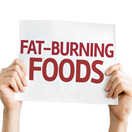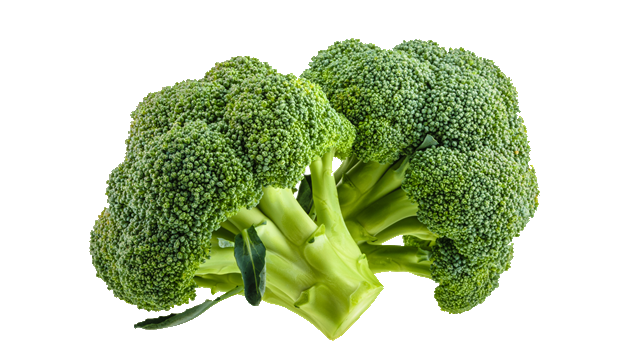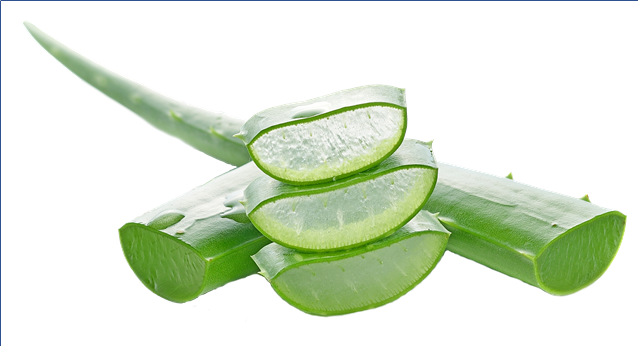According to the USDA National Nutrient DatabaseTrusted Source, one cup of chopped raw broccoli (approximately 91 grams) contains 31 calories, 0 grams of fat, 6 grams of carbohydrate (including 2 grams of sugar and 2 grams of fiber) and 3 grams of protein.
Just one cup of broccoli provides over 100 percent of your daily need for vitamin C and vitamin K and is also a good source of vitamin A, folate, and potassium.
Broccoli ranks among the top 20 foods in regards to the ANDI score (Aggregate Nutrient Density Index), which measures vitamin, mineral, and phytonutrient content in relation to caloric content.
To earn a high rank, a food must provide a high amount of nutrients for a small amount of calories.
At only 31 calories a cup (91g), broccoli is a popular addition to the plates of those looking for burning fat food. while low in calories, it’s high in fiber, with one cup providing about nine percent of the recommended daily value. Fiber, the indigestible part of carbohydrate, can help to reduce cholesterol, promote bowel health, regulate blood sugars, and aid in weight loss.
Some studies suggest that eating higher amounts of cruciferous vegetables like broccoli, cabbage, cauliflower, Brussels sprouts, and kale—aim for three to five servings—can reduce the risk of certain types of cancer, including prostate, lung, and breast cancer.
Broccoli is also one of the foods with the highest levels of antioxidant phytonutrients on a per-calorie basis. Antioxidants help to fight off free radicals that can cause inflammation and disease.
Liver health
A report published in 2016 in the Journal of Nutrition revealed that broccoli can help to keep your liver functioning at its optimal level.
Brain Health
Broccoli helps boost cognition and memory because it is rich in vitamin K and choline. In addition to this, sulforaphane in it can also help aid in preventing the onset of Alzheimer’s and many neurodegenerative diseases.
Hair Care
Nutrients, found in broccoli, like vitamins A and C are great for keeping your hair shiny, thick, and healthy. These vitamins also counter dry hair by regulating sebum production on the scalp to naturally moisturize hair. This leads to less brittle and fragile hair and reduces hair loss.
Anti-inflammatory Properties
A 2014 study published in the Preventive Nutrition and Food Science Journal suggests that broccoli florets have potent antioxidant and anti-inflammatory effects. It has antioxidants like vitamin C, potassium, magnesium, sulforaphane, kaempferol, and many others, which makes this cruciferous vegetable good for relieving inflammation.
Anti-aging
Broccoli combats the aging process with the help of a compound called nicotinamide mononucleotide (NMN) present in it. NMN promotes the production of a compound which triggers metabolism and hence prevents genetic changes that lead to premature aging. Antioxidants like vitamin A, vitamin C, and collagen also play a key role in delaying aging.
Helps Controls Diabetes
A 2012 study published in the International Journal of Food Sciences and Nutrition, suggests that broccoli sprouts may improve insulin resistance in type 2 diabetic patients. To elaborate, it suggests that sulforaphane and kaempferol in this cruciferous food might have the ability to lower blood sugar levels in those who have Type 2 Diabetes Mellitus diabetics, thereby helping control it. Broccoli in addition to a heart-healthy, carbohydrate-controlled diet is always encouraged for the best results when it comes to blood glucose control.
Improves Metabolism
Nutrients such as fiber, vitamin C, vitamin D, vitamin K, folate, and vitamin A in broccoli assist in boosting the body’s metabolism. Fiber, especially, shows a TEF (thermic effect of food) and can increase your metabolic rate after eating. It also promotes satiety by having a good amount of dietary fiber.
Improves Sexual Libido
Broccoli can boost blood circulation to the organs of the body and help in improving libido. It contains folate and vitamin C, which can improve fertility.
Detoxifies the Body
The presence of vitamin C, sulfur, and amino acids make broccoli a good detoxifier. It helps remove free radicals and toxins like uric acid from the body, thereby purifying the blood and keeping away toxin-related problems such as boils, itches, rashes, gout, arthritis, rheumatism, renal calculi, skin diseases like eczema, and hardening of the skin. It is also an alkaline vegetable and can help balance the body’s pH levels.
Allergies and Interactions
Broccoli food allergies are very rare, but isolated cases have been reported. There can be a food-pollen syndrome if you have hay fever due to mugwort pollen. Broccoli, cabbage, and related vegetables have proteins similar to those in mugwort pollen and can cause a reaction when you eat them. You may feel a tingling on your lips and tongue. In extremely rare cases, this can progress to a swollen throat or anaphylaxis.
Broccoli is high in vitamin K and eating large quantities can interfere with the effectiveness and safety of Coumadin (warfarin) and reduce its blood-thinning effect. When you’re on blood thinners, discuss with your doctor which foods you should limit or avoid.








